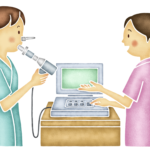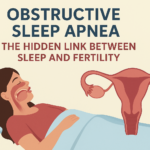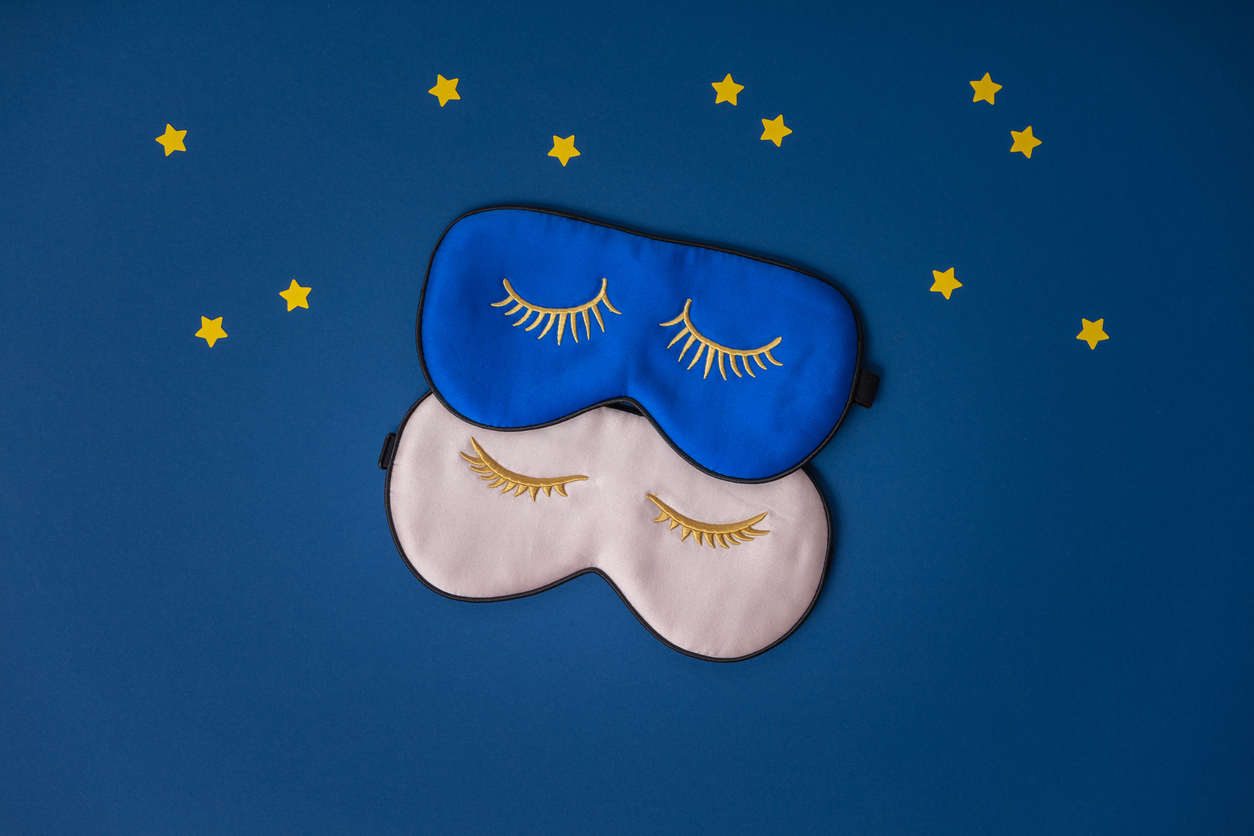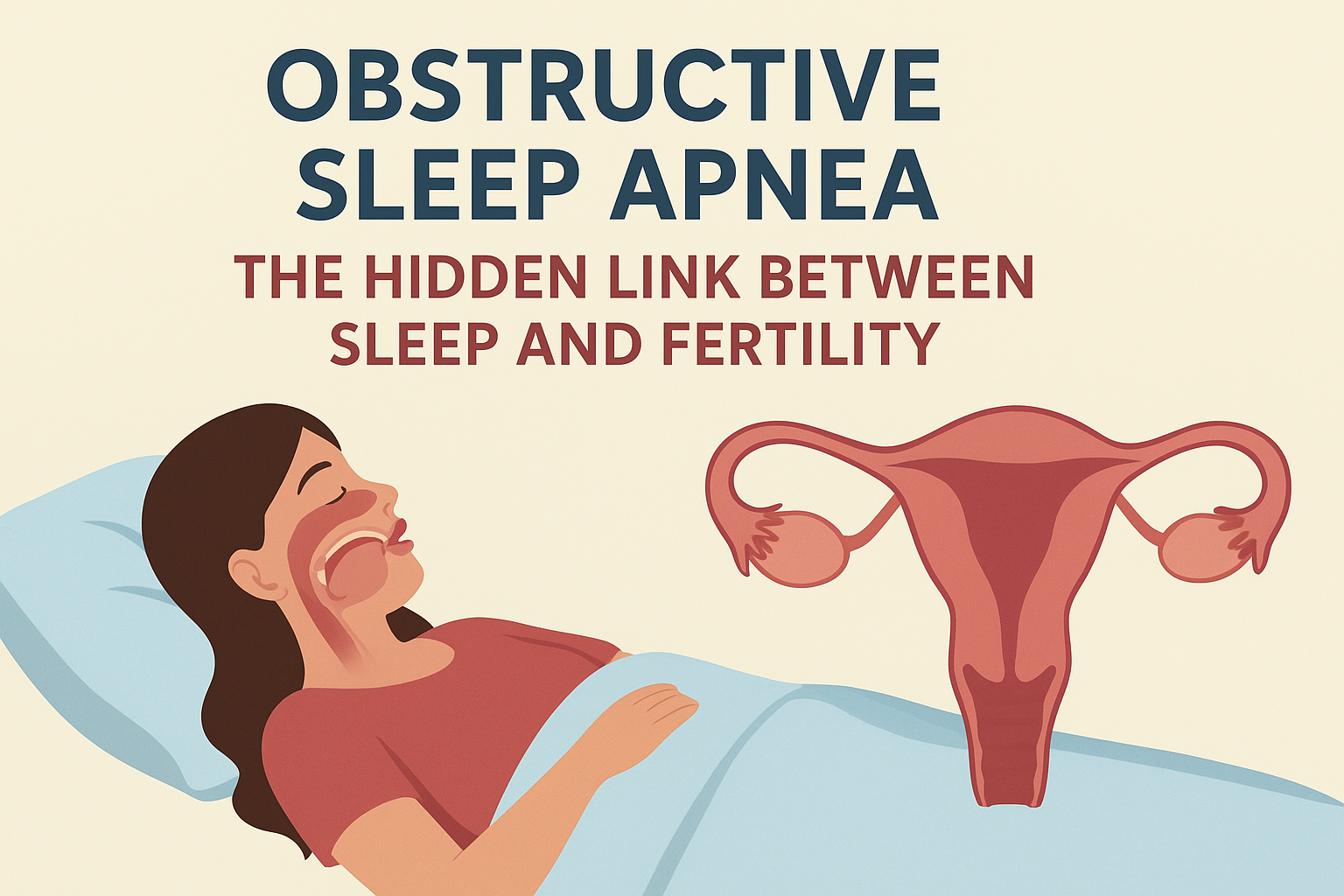By Dr.Manvir Bhatia! Ananya
Our mind is constantly working day and night. Although sleep is a state of rest, yet our mind is very active while sleeping. During this time, it creates images, scenarios and stories known as dreams. Dreams are autobiographical episodes that come intertwined with past experiences and form a new memory, one which we can refer to. They are a part of the brain’s network consisting of interconnected regions including thalamus and the medial and posterior part of the cortex.
Neurobiology puts forward the activation-synthesis hypothesis for dreams. It states that dreams really do not have any meaning. They are just electrical impulses of the brain that pull out natural thoughts and images from our memories. However, psychology suggests that dreams have a particular purpose and meaning. According to psychologists, dreams fit into these roles:
Therapist:
Dreams can provide a safe space for the brain to process and integrate emotions, especially those that may be difficult to confront or express consciously. Unresolved emotions or experiences may be revisited and confronted in dreams. While we are awake, the brain operates at a higher emotional level, so it might not be able to make connections regarding your feelings. Dreams help an individual sort through thoughts, emotions and feelings.
Fight-or-flight trainer:
Amygdala is a part of the brain very actively involved in fight or flight responses and survival instincts. It is the most active while sleeping. Scholars suggest a threat simulation theory according to which dreaming is a defence mechanism that repeatedly stimulates potential threatening events thereby enhancing the neuro-cognitive mechanisms required for efficient threat perception and avoidance.
Muse:
Dreams are very useful in facilitating our creativity. The possible reason being the absence of the logic filter that we carry around with us while we are awake. Thus, one can unleash all boundaries and come up with the best ideas.
Memory aide:
Theories suggest that dreams help store important memories and get rid of the unnecessary ones. Although the exact mechanism is not known, dreams help the brain to store information more efficiently by blocking out the stimuli that can interfere with learning and memory.
What influences dreams?
Physical activity: A study by Fairbrother et al., concluded that a little exercise in the morning or a good run or cardio workout before lunch is much more helpful for sleep than exercise in the night. It helps them fall asleep faster and spend a longer duration in deep sleep.
Diet: If your food affects your mood while going to sleep or while waking up, then it will definitely influence your subconscious state and your dreams. Similarly, if your diet tends to awake you at regular intervals at night, then you are more likely to remember your dreams vividly.
Sleep: If you are sleep deprived, some parts of your brain are more active than usual. So, when you finally slip into the REM stage of sleep, your brain stays much more active. You are more likely to have very vivid dreams and recall them very well.
Pregnancy: Pregnancy triggers the production of hormones that impacts the way your brain processes thoughts and information, acting as a catalyst for vivid dreaming.
Although there is no definitive proof, dreams are usually the thoughts based on our current thoughts, issues and mindset.
Nightmares:
Nightmares are very vivid dreams that can be very upsetting, threatening and sometimes even very traumatising. These are associated with intense dreaming. Dreams and nightmares are both experiences that occur during the rapid eye movement (REM) stage of sleep. While they share the commonality of occurring during this phase, they differ in terms of content and emotional tone.
Though the term nightmare is used very colloquially, it is a real problem for those who experience it regularly. They are simply dreams that leave a strong and unpleasant emotional response. Nightmares can occur as a result of various factors such as :
Stress and anxiety: Sad, traumatic, or worrisome situations can indeed induce stress and fear, leading to nightmares. Chronic stress and anxiety are associated with an increased likelihood of developing nightmare disorder. Stress and anxiety activate the body’s “fight or flight” response, which can influence the content and intensity of dreams.
Mental Health Conditions: Individuals with mental health issues, such as post traumatic stress disorders (PTSD), depression, anxiety and schizophrenia, often report higher rates of nightmares. Nightmares can be a manifestation of the psychological distress associated with these conditions, and they may contribute to the overall severity of symptoms.
Sleep deprivation: Insufficient sleep can trigger a rebound effect during which the body attempts to compensate for lost REM sleep, leading to more vivid dreams and nightmares. Sleep deprivation can exacerbate stress and anxiety, further contributing to the occurrence of nightmares.
Occasional nightmares are common and you need not worry much about them. However, it is a concern if you are experiencing it too frequently. It can affect your sleep and leave you sleep deprived. Fear of nightmares can also cause sleep avoidance and further amplify the intensity of dreams and nightmares. It can also trigger or exacerbate mental health conditions like anxiety and depression. This can worsen the quality of life by causing excessive daytime sleepiness and severe mood swings.
So, you should definitely consult an expert if nightmares occur more than twice a week, affect your sleep and start when you have just started a new medication.
Hence, we conclude that dreams are a very crucial part of sleep and are very essential for the brain. But, it is a cause of grave concern if it progresses to frequent, intense nightmares. If you are suffering from it, please talk to your near and dear ones and consult a professional who can help you alleviate this condition. There are various therapies like psychotherapy, behavioural therapies and medications that can help you. So, do not ignore this at all and get help as soon as possible.
References:
Fairbrother, K., Cartner, B., Alley, J. R., Curry, C. D., Dickinson, D. L., Morris, D. M., & Collier, S. R. (2014). Effects of exercise timing on sleep architecture and nocturnal blood pressure in prehypertensives. Vascular health and risk management, 10, 691–698. https://doi.org/10.2147/VHRM.S73688










